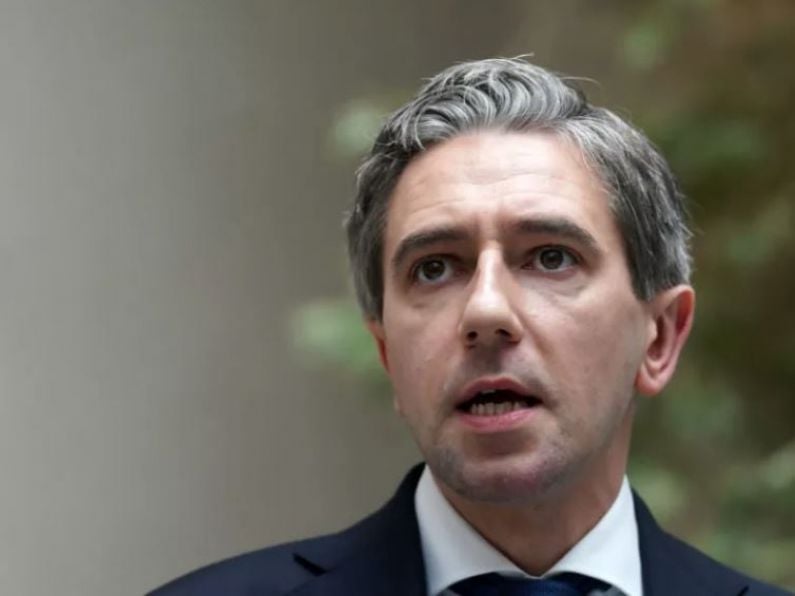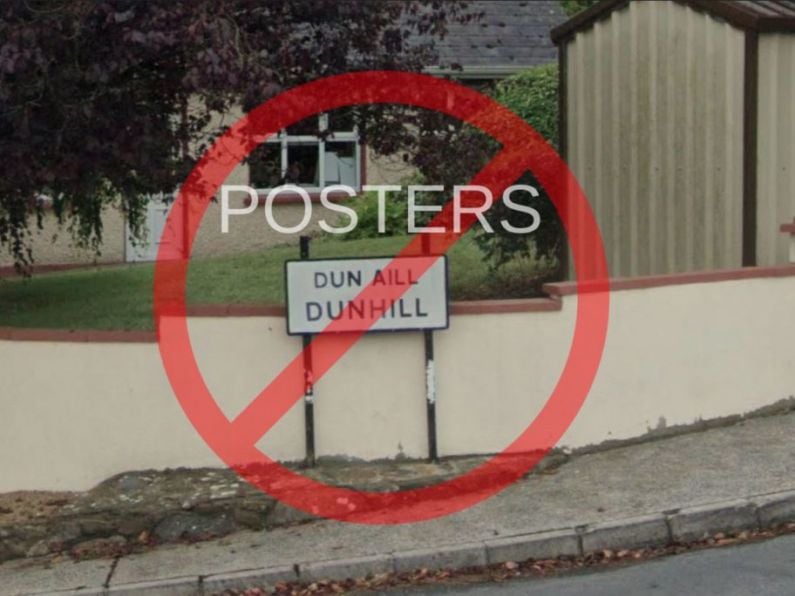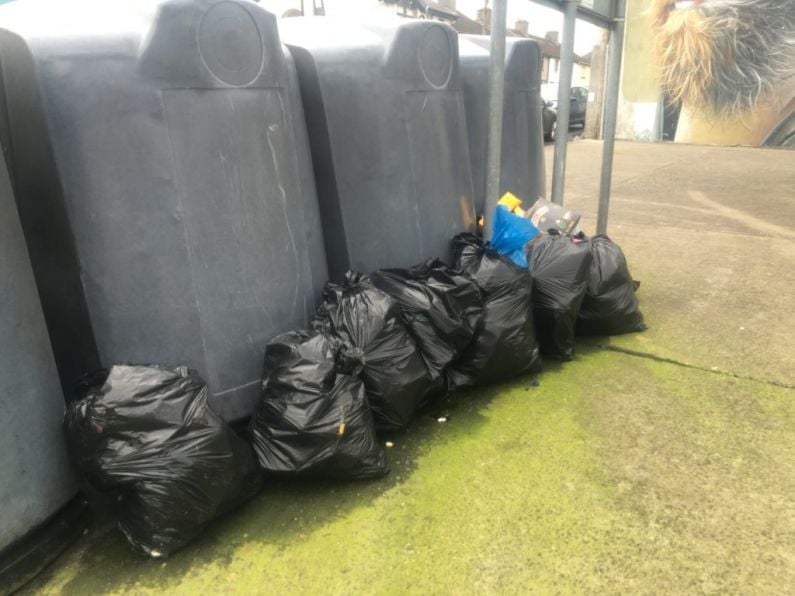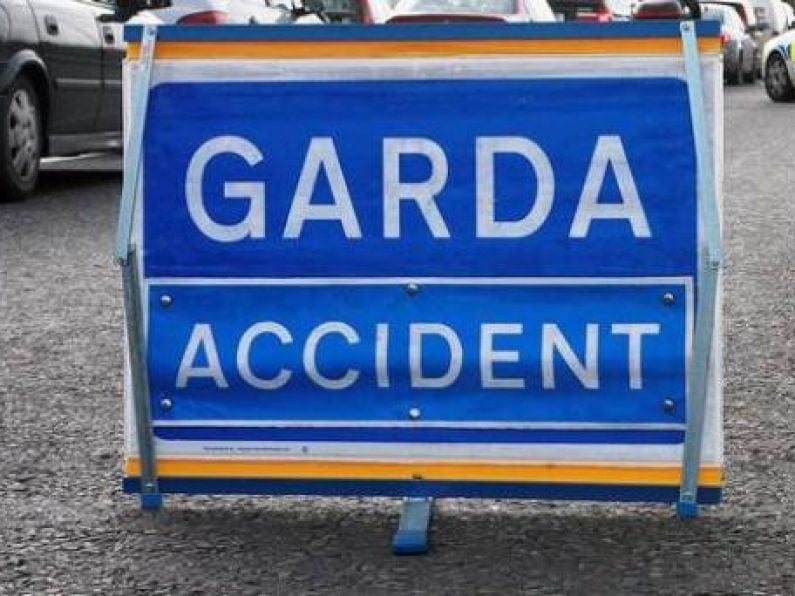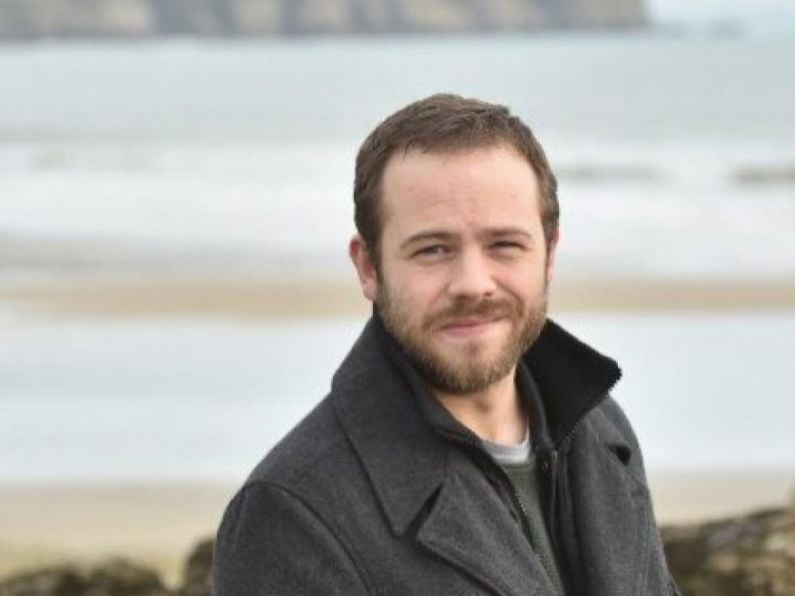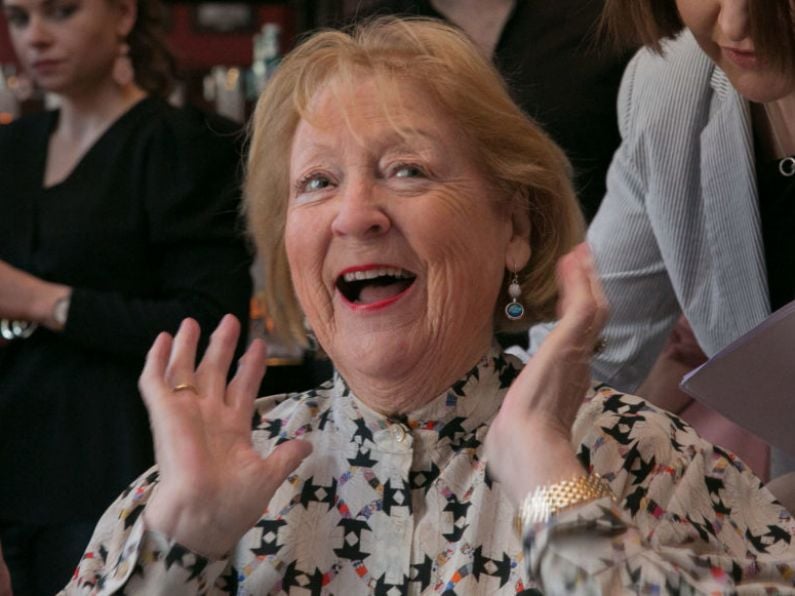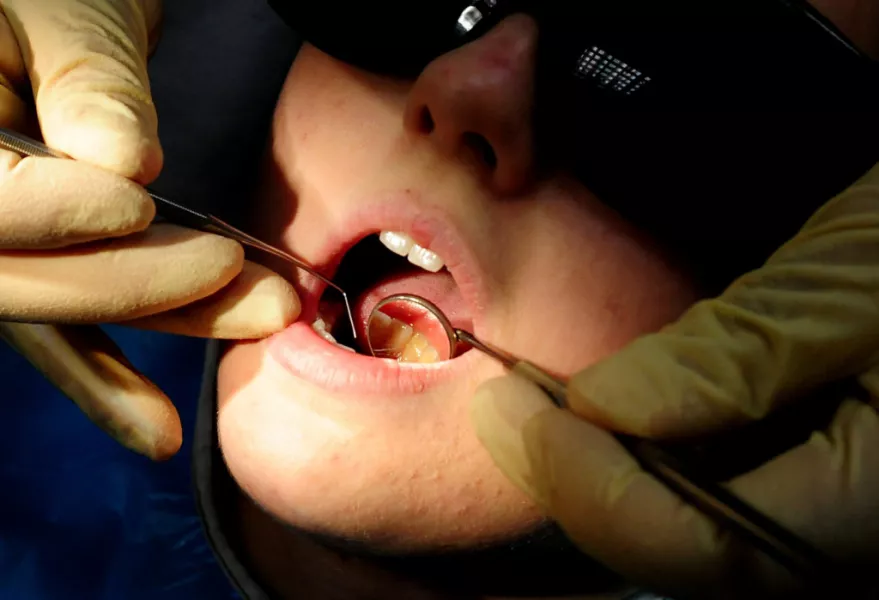
By Michelle Devane, PA
Demand for cosmetic dental procedures has gone “off the Richter scale” since the onset of the pandemic, a leading dentist has said.
Caroline Robins, chair of the GP committee of the Irish Dental Association, said people are “spending more time staring at themselves and judging themselves” and added “Zoom has a lot to answer for”.
She said she has also noticed a “substantial increase” in patients presenting with stress related dental issues.
Ms Robins, who owns Kiwi Dental in Carlow, said she has noticed a large volume of patients making appointments because they are “at home looking in the mirror”.
She told the PA news agency: “The number of people who’ve come in to get bondings and straightening and all sorts of cosmetic work done, it’s really gone off the Richter scale.
“Zoom has a lot to answer for.
“I really do think people are on Zoom seeing themselves looking back at themselves and saying: ‘Oh you know what I might get that looked at, now’s the time’.

She believes people have more time now that they are working from home and they are able to utilise their time better than before coronavirus.
“There is a little bit more downtime,” she added.
The New Zealander, who moved to Ireland 22 years ago, said an increasing number of patients are presenting with issues caused by the “tell tale signs” of stress in the past 12 months.
“There’s a lot of stress out there so people are coming in with sore muscles,” she said.
“They come in saying: ‘I am waking up and I’m clenching or I’m clenching when I’m sitting at the computer.’
“We’ve seen more broken teeth – cracked tooth syndrome – because tooth is like glass so when people are clenching it can cause cracks, cause pain when they chew and it can actually make teeth break.
“There’s been a substantial increase over the last year.”
— Irish Dental Associ (@IrishDentists) March 21, 2021
It has resulted in patients needing more teeth night splints, and botox into the jaws of the masseter muscles to manage pain.
But it is not just the patients who are stressed and anxious.
Ms Robins said dentists across the country have become increasingly stressed since the onset of the pandemic due to a variety of factors including incurring extra costs and not being able to see as many patients.
She said they feel failed by the Government over the lack of funding to support dentists through Covid-19.
The number of private dentists participating in the Dental Treatment Services Scheme (DTSS) has dropped considerably in the past year, which has resulted in more than 200,000 medical card holders facing delays for treatment.
The Government pays a fee for every patient a private dentist treats, but dentists argue the scheme, which was first introduced in 1994, is outdated and fails to cover the costs of treating patients.
The Irish Dental Association has warned there is a “crisis looming large” over the matter.
“We’re constrained by what we’re allowed to offer our patients,” she said.
“The contract says that we must treat our private and medical care patients equally, which goes without saying, yet when my medical card patient sits in the chair I’m certainly constrained by what I can actually offer them.
“That’s really demoralising and shocking for the patients.”
She said the situation is creating a difference between the “haves and have nots” and that it is one of the reasons dentists are leaving the scheme in their droves.
“Patients deserve some level of decent treatment,” she said.
“The medical card [system] as it stands now, it just doesn’t do that. It’s a failure. It’s a failure for them, and it’s a failure on the Department of Health to not be prepared to sit down.
“They just walked away in 2010 and we’ve had one conversation since then and that was in November.”
She described the latest offer from the department as “laughable” but said she would not walk away from her patients: “I don’t want to walk away from them because I want to get something better for them. That is really what I’m really driving for.”





